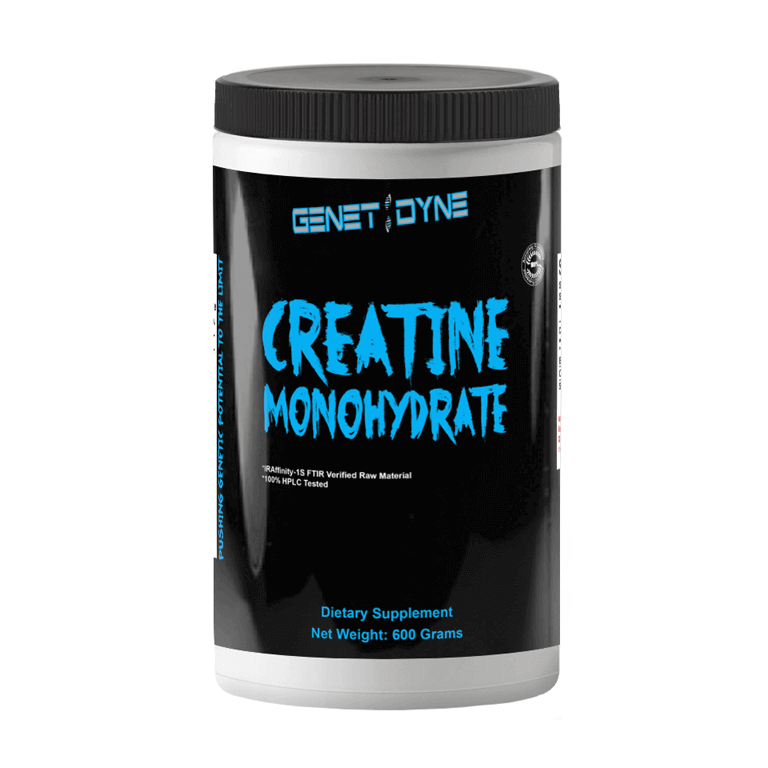Unlocking the Power of Creatine: A Comprehensive Guide
Creatine is a widely popular and extensively researched supplement that has gained immense recognition among athletes and fitness enthusiasts as a potent tool for enhancing physical performance. Known for its ability to boost energy levels, improve strength, and increase muscle mass, creatine has become a staple in many athletes' and bodybuilders' supplement regimens. Despite its widespread use and benefits, there are still misconceptions and questions surrounding this compound. In this comprehensive guide, we will delve into the power of creatine, exploring its mechanisms of action, potential benefits, and optimal usage to help you make informed decisions about incorporating this supplement into your fitness routine.
Benefits of Creatine

Creatine is a popular supplement known for its ability to enhance athletic performance. Its main benefit is increased muscle strength and power, allowing individuals to push themselves harder during workouts. By fueling the muscles with extra energy, creatine can help improve overall exercise performance and promote greater gains in muscle size and strength.
In addition to its impact on physical performance, creatine has been shown to have cognitive benefits as well. Research suggests that creatine supplementation may support brain health and function, potentially enhancing memory and cognitive abilities. This dual benefit of boosting physical and mental performance makes creatine a versatile supplement for individuals looking to optimize their overall well-being.
Furthermore, creatine has been linked to improved recovery after exercise. By replenishing energy stores in the muscles more quickly, creatine can help reduce muscle fatigue and soreness, allowing for faster recovery between workouts. This can ultimately lead to more consistent training sessions and better long-term progress in fitness goals.
Usage and Dosage
When it comes to utilizing creatine as a supplement, proper dosage is key. It's generally recommended to begin with a loading phase of around 20 grams per day for the first week, divided into smaller doses throughout the day. This loading phase helps saturate the muscles with creatine quickly, leading to faster results.
Following the loading phase, a maintenance dose of 3-5 grams per day is typical for most individuals. This smaller daily amount helps sustain elevated creatine levels in the muscles over time, allowing for continued benefits in terms of strength, power, and endurance during workouts.
It's important to note that individual responses to creatine can vary, so it's advised to experiment with dosages to find what works best for you. Generally, consuming creatine alongside a carbohydrate source can enhance its uptake by the muscles, maximizing its effectiveness.
Potential Side Effects
When it comes to creatine supplementation, some individuals may experience mild gastrointestinal discomfort, such as bloating or cramping. This can often be attributed to the body adjusting to the increased levels of creatine. To minimize these effects, it is recommended to stay properly hydrated throughout the day.
Another potential side effect of creatine usage is an increase in water retention in some individuals. This can lead to temporary weight gain, particularly in the initial stages of supplementing with creatine. It is important to note that this weight gain is typically due to water retention and not an increase in body fat.
In rare cases, individuals may report experiencing renal issues with creatine supplementation. If you have any pre-existing kidney conditions or concerns about your kidney health, it is advisable to consult with a healthcare provider before starting a creatine regimen. Monitoring your overall health and staying within recommended dosages can help mitigate the risk of potential side effects associated with creatine use.